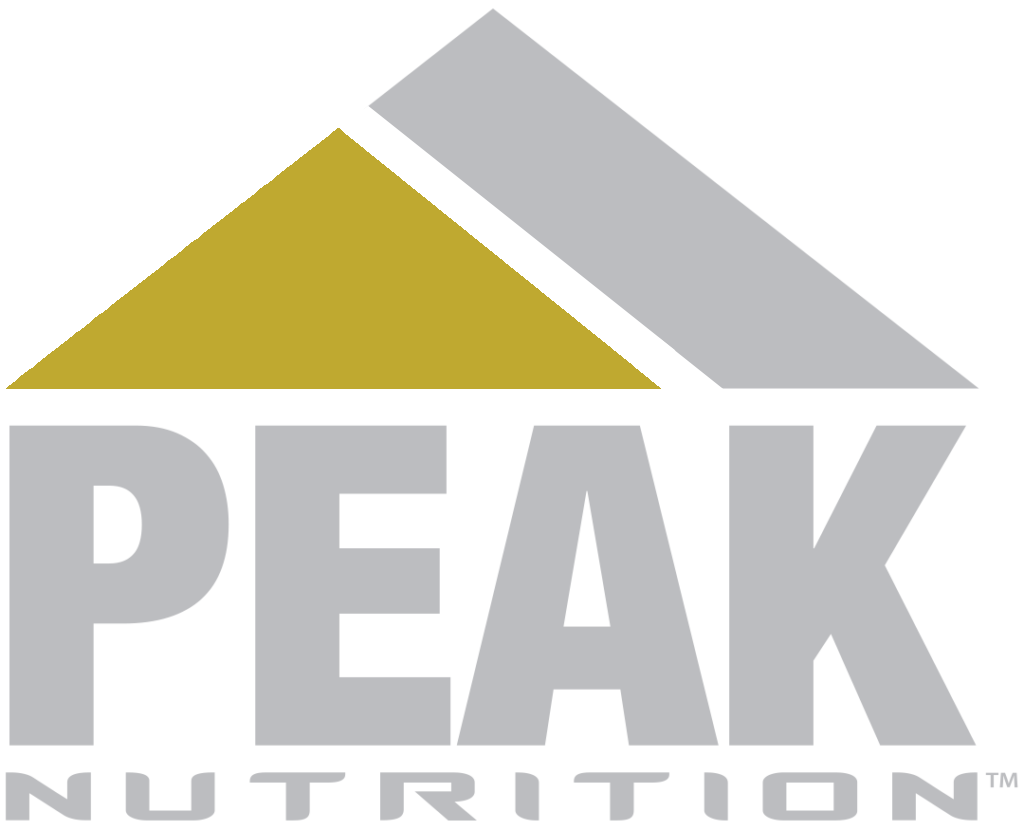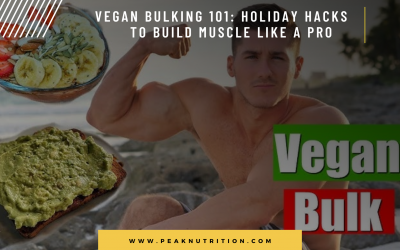Is my investment going to be worth my time, effort, and money? Am I going to see the results expected from this thing I am pursuing?
The answer to these questions, like many things are – well, it depends. Let’s take a look at a few factors that contribute to building muscle.
How do we build muscle in the first place?
Building muscle begins with the tearing of fibers. Yes, in order to make your muscles bigger and stronger, you have to go through muscle hypertrophy. Hypertrophy, in a broad sense, is when your cells and muscles expand or get bigger. During resistance and strength training, your muscle fibers undergo stress and get damaged. The body then repairs that damage by fusing the fibers back together, bigger and better than ever. But there are factors (of course) that play into how quickly this process is done.

What affects muscle repair?
Testosterone is a sex hormone that plays an important role in the body. In men, it’s thought to regulate sex drive (libido), bone mass, fat distribution, muscle mass and strength, and the production of red blood cells. With men typically producing more testosterone than women, you usually see men having an “easier time” putting on muscles that are larger in size. Testosterone production decreases as we get older which makes it harder to put on muscle the older you get.
Human growth hormone (HGH) also affects muscle repair and growth. A large portion of your HGH is secreted while you sleep. It is responsible for speeding up the recovery process so as you can imagine, lack of quality sleep can affect your progression.
Protein is the building block of your muscles. Therefore, eating enough protein helps you maintain muscle and promote new muscle growth when paired with strength training. You can read more about the importance of protein in this study from the National Library of Medicine here.

What can I do to accelerate muscle growth?
The first place to start is always going to be with your nutrition. In order to build muscle (and subsequently put on weight) you need to be in a caloric surplus. In addition, your body needs a certain amount of protein each day.
For the most part, it is recommended getting 1 gram of protein per pound of body weight. (If you weigh 150lbs you would need MINIMUM 150g protein per day.) To keep your body in an anabolic state (building muscle all day) you should be consuming a protein source every 2-3 hours.
Prioritize sleep. You should be getting at least 7 hours of sleep every night to maximize muscle recovery. One week of poor sleep can affect testosterone production by up to 15%.
There are also a few supplement options to add when looking to speed up your gains.
Sustained assimilation protein powders are a great option to increase your protein intake throughout the day. It mimics the digestion of whole foods, keeps you fuller for longer, tastes great and helps you hit that daily protein goal.
Post-workout glucose replenishes glycogen levels (energy) as well as spikes your insulin to allow for better protein and nutrient uptake. Pairing that with a hydrolyzed (low-temperature processed) whey protein isolate will have you recovering quickly, feeling less sore throughout the week, allowing you to crush it Monday through Friday.
Accelerators are also a great supplement option when it comes to maximizing testosterone, increasing protein synthesis and building muscle more efficiently.
If you need help setting up your calories, protein intake, or have questions on the right supplements for your muscle building journey, reach out to any one of our Certified Sports Nutrition Specialists at Peak. Our goal is to GET YOU RESULTS.
If you found this blog helpful, make sure to follow us on Instagram @peakAZ for more tips and tricks, and come visit us at one of our store locations!




